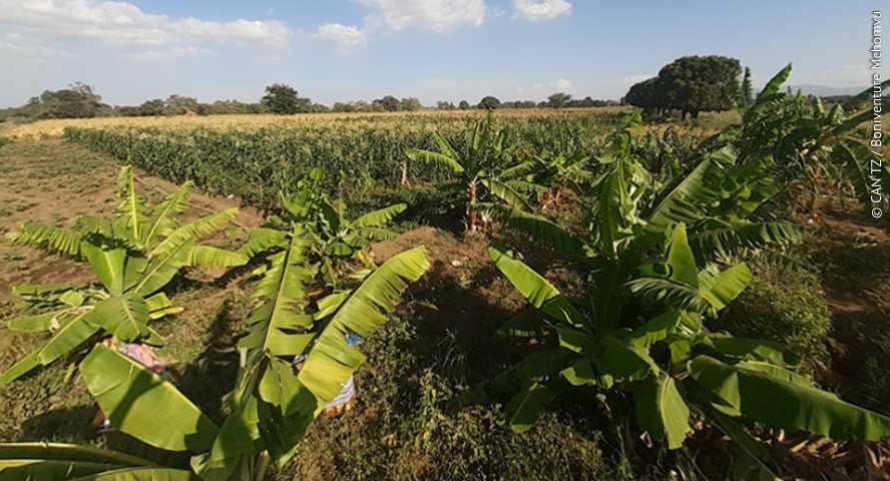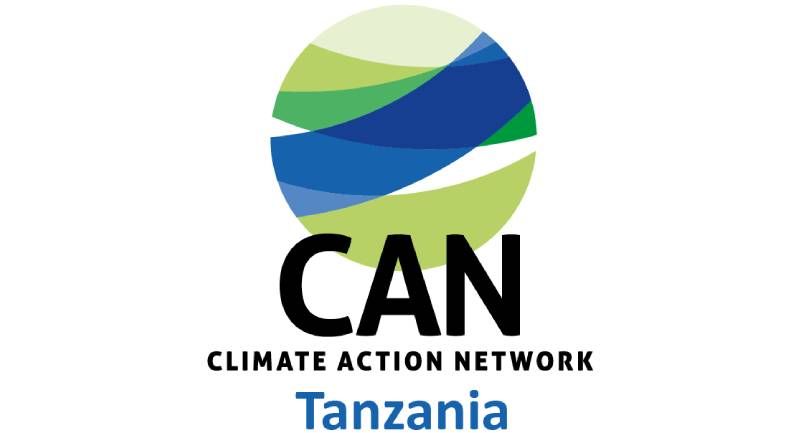Solar Water Pumps Secure Harvests and Livelihoods

The challenge
Most people south of Mount Kilimanjaro rely on agriculture for their livelihoods. Low rainfall characterises this region, and with climate change, the amount of precipitation has decreased further. Rivers that were once reliable sources for irrigation sometimes carry little or no water. This change threatens the livelihoods of many smallholder farmers in the villages of Mkombozi, Ngosero and Kilima Mbogo in Hai District.
The goal
The solar irrigation project of the Climate Action Network Tanzania (CAN-TZ) aims to counteract this. This non-governmental organisation (NGO) intends to install at least six solar-powered pumps in the three villages south of Mount Kilimanjaro and support smallholder farmers with further measures. The geographical conditions are good because the volcanic subsoil promises abundant water resources.
With six solar pumps, about 6,000 smallholder farmers – 50 percent of whom will be women and youth – can irrigate approximately 970 hectares year round. This increases their yields by at least 50 percent and thus their incomes, CAN-TZ predicts, making them more resilient to drought and climate change.
Our partners
CAN-TZ is one of the few NGOs in Tanzania with practical expertise in renewable energy and climate adaptation in local communities. CAN-TZ previously worked on the government’s National Climate Change Adaptation Plan and helped develop a strategy on how Tanzania can cover 100 percent of its electricity needs with renewable energy. The project also works with the Pangani Basin Water Board, the Hai District Council and village authorities.
The approach
Together with the Pangani Basin Water Board, CAN-TZ staff identified eligible villages for the project, informed villagers at village meetings and discussed measures with them. A joint steering committee oversees the work. In addition to farmers and members of the water groups, it also includes staff from CAN-TZ and the district council.
With the installation of the solar-powered pumps, the project lays the foundation for further activities. These include, for example, the construction or renovation of irrigation channels and the construction of two rainwater retention basins. Furthermore, CAN-TZ supports the smallholders in converting their cultivation methods to year-round irrigation.
Coordination with farmer and water user groups plays an important role in the project, as the groundwater is to be used sustainably. For example, a fee is charged for water use to finance maintenance and spare parts. Participants for solar technology and business management training will also be identified from among the groups. The project also aims to facilitate access to credit and markets for smallholders through a local financing mechanism.
Hai District
Productive use of solar energy
Smallholder farmers
02/2021 – 04/2023



